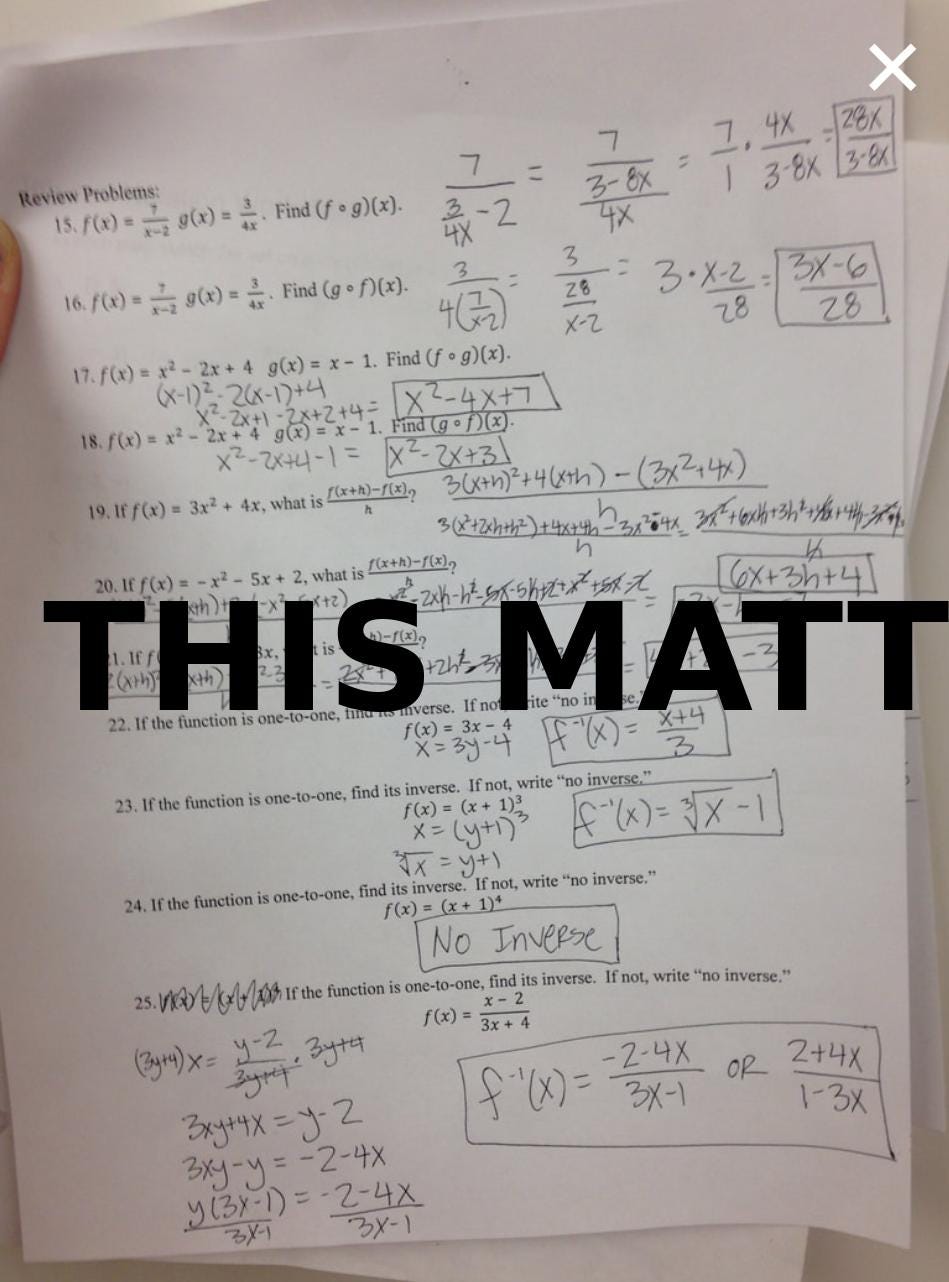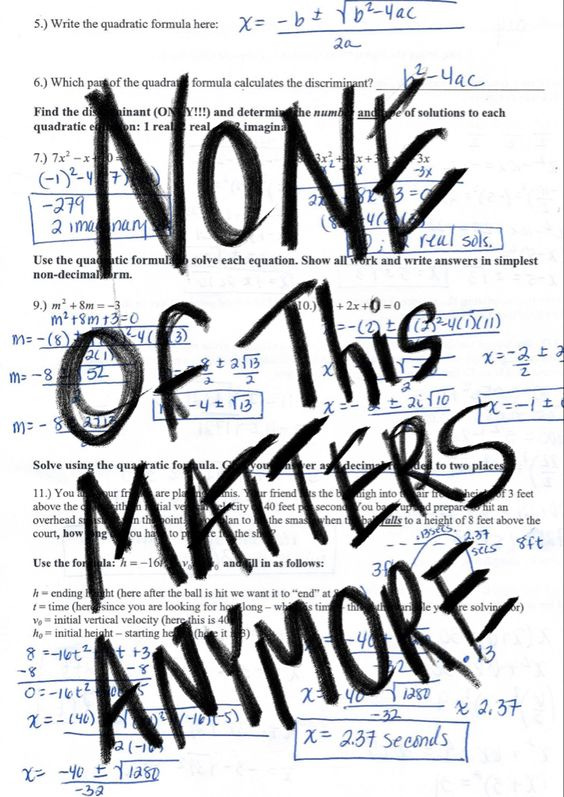
First off, I’d like to offer an effusive thank you to all who contributed to Education Hazards of Generative AI and helped signal boost it on social media and elsewhere last week – and there are many of you. Not only did my document-release tweet shatter my personal best for overall reach (51k views and counting), Ed Week and The 74 both have run stories about it, and I’ve received a slew of support via email and calls.
Simply put, last week was an awesome one at Cognitive Resonance headquarters, and I’m grateful to y’all – thank you again.
Continuing to accentuate the positive (but just you wait), I was particularly gratified to see conversations spring up around this report spanning across the globe. Within a few hours of the release, I saw the document being shared by educators in Australia, Chile, China, England, France, Israel, Germany, Italy, Korea, New Zealand, Portugal, Spain, and Turkey. Clearly, the use of AI in education – and the potential hazards of doing so – is an issue of international importance, and I hope Education Hazards helps teachers and students everywhere where help is needed.
And help…is definitely needed. I’m sorry to throw some digital cold water on this otherwise celebratory missive, but yesterday I came across a “viral” tweet that encapsulates the fundamental struggle ahead. Maybe you’ve seen it too:
As I’m typing this, this image has more than 5.5 million views on the platform owned by one of the world’s worst humans. And look, I get it, Twitter is not real life. Still. Still! With millions of views, and thousands of retweets and bookmarks, this image is clearly tapping into a sentiment shared by many.
What is that sentiment, exactly? Well, I’d like to think it’s people who are concerned about the rote use of worksheets to teach the quadratic equation – that could be a productive pedagogical debate. But that’s not what’s happening here, and we all know it. The majority of people sharing this image are expressing the explicit or implicit belief that knowledge is not important anymore. Learning is not important anymore. None of this matters anymore.
Yes it does. Yes it fucking does. For over a decade I’ve been saying this, and if you’ll forgive me for quoting myself, what I wrote in 2016 about “knowledge nihilism” remains as true today as it was then:
There’s one final reason that it’s important for educators to understand cognitive science. In my view, understanding this science may be our best defense against the growing danger posed by what I call knowledge nihilism. The proponents of knowledge nihilism believe knowledge itself is overrated. In an era of proliferating technology that lets us access information at speeds unimaginable even a few years ago, they believe students no longer need to know facts or understand procedures. After all, why teach it when they can Google it?
There’s a scientific answer to that question that all educators should be ready to offer. We should teach it — whatever it may be — because students understand new ideas by reference to ideas they already know. Thinking well requires knowing facts that help us make sense of new information.
You can trace a direct line from this to what my co-author Paul Bruno and I argue in Education Hazards:
Not long ago, it was common to hear some educators ask, “why teach it if students can Google it?” With the commercial deployment of chatbots, some educators ask, “why teach it if students can have generative AI do it?”
Cognitive science provides an unequivocal answer to these questions: Students need to develop a broad base of knowledge – in their heads – to learn new ideas and navigate the world they experience. The fact that chatbots can generate essays, summarize ideas, and create other things is an impressive technological achievement, but it does not affect how our minds work.
I’ll end here on a note of qualified optimism. Personalized learning failed in part because the pedagogical vision it depends upon does not harmonize with the science of how we learn. Efforts to infuse AI into education that misalign to human cognition will fail for the same reason – in the long run, science will prevail. I am confident of this.
But the damage that may be done in the interim could be substantial. Children and young students are being told none of this matters – and if “this” means knowledge, if it means “learning things,” the harm done by this misguided proposition will echo into the next generation and beyond.
There is no greater hazard we face than knowledge nihilism. We have to fight it. Yes this matters.






THANK YOU! Learning to spell matters, learning basic math functions matters (rote...but necessary!), learning the scientific method matters, learning to follow direction matters. I was NEVER a math person and NEVER understood the need to learn the Quadratic formula, but I could always get the correct answer because I followed rules/direction....so I guess I "learned" something! That being said, I think this obsession with making ALL teens take these higher and obscure maths is what has fueled the "None of this matters!" attitude for a lot of kids.
Comrade Riley,
On point as per usual.
2016 was a good year for similar words it appears - back in the halcyon days of blogging - I wrote this:
https://www.continue.nz/the-information/
Which itself was based on reading an essay from 2011.
Same as it ever was in some ways.
Onwards